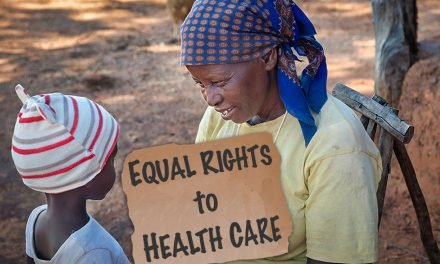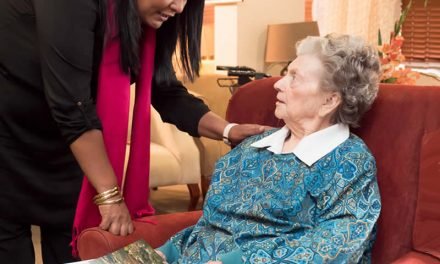Elder abuse – how widespread is it and what can be done to prevent it?
In collaboration with the University of Johannesburg and a Cape Town NPO, iKamva Labantu, Tafta recently conducted research into the scourge of elder abuse and what is needed to address it.
We wanted to find out what types of abuse are most prevalent, identify those most at risk, and determine gaps and strengths in services provided by NPOs and the government.
We found that poverty, high unemployment rates and substance abuse contribute significantly to elder abuse in South Africa. Many elders don’t report abuse because of the difficulty in accessing services, or fear of retaliation by the perpetrator. Lack of support for carers of frail elders is also a risk factor. Feeling stressed and overwhelmed by the responsibility of caring for a frail elder can lead to feelings of resentment.
Compounding the problem is the dire shortage of government social workers, doctors and police officers, vehicles, training, infrastructure gaps and
load shedding, which results in systems frequently being offline or unavailable. Elders least likely to suffer abuse are those with good cognitive and physical health, a strong support network, economically active families, and access to community services like social clubs and home-based care.
Government funding is urgently needed to address the myriad of resource deficits. Integrated planning and coordination between departments and levels of government would help expedite services to older people. Capacity building of professional staff, provision of safe houses and caregiver support programmes are also needed.
In the meantime, Tafta’s National Toll-free Elder Abuse Hotline, 0800 11 10 11, continues to provide a life-line for elders trying to escape abusive situations.






 Tafta CEO, Femada Shamam shares her reflections on the SONA
Tafta CEO, Femada Shamam shares her reflections on the SONA Valentine’s Day on a budget – love that doesn’t cost a thing!
Valentine’s Day on a budget – love that doesn’t cost a thing! Age-readiness vs Age-friendliness – preparing South Africa for long life
Age-readiness vs Age-friendliness – preparing South Africa for long life Sisonke – ‘we are together’ – is Tafta’s theme for 2026
Sisonke – ‘we are together’ – is Tafta’s theme for 2026 From Durban Social Worker to Global Champion for Older Persons
From Durban Social Worker to Global Champion for Older Persons Christmas joy – good food and good company, thanks to you!
Christmas joy – good food and good company, thanks to you! Robin Hood Foundation spreads love across Tafta Homes
Robin Hood Foundation spreads love across Tafta Homes 12 Days of Giving – spread joy to older people this Christmas
12 Days of Giving – spread joy to older people this Christmas Tafta resident pens powerful tribute to heritage and hope in new book
Tafta resident pens powerful tribute to heritage and hope in new book Introducing TEAL – our upgraded national Elder Abuse Helpline
Introducing TEAL – our upgraded national Elder Abuse Helpline